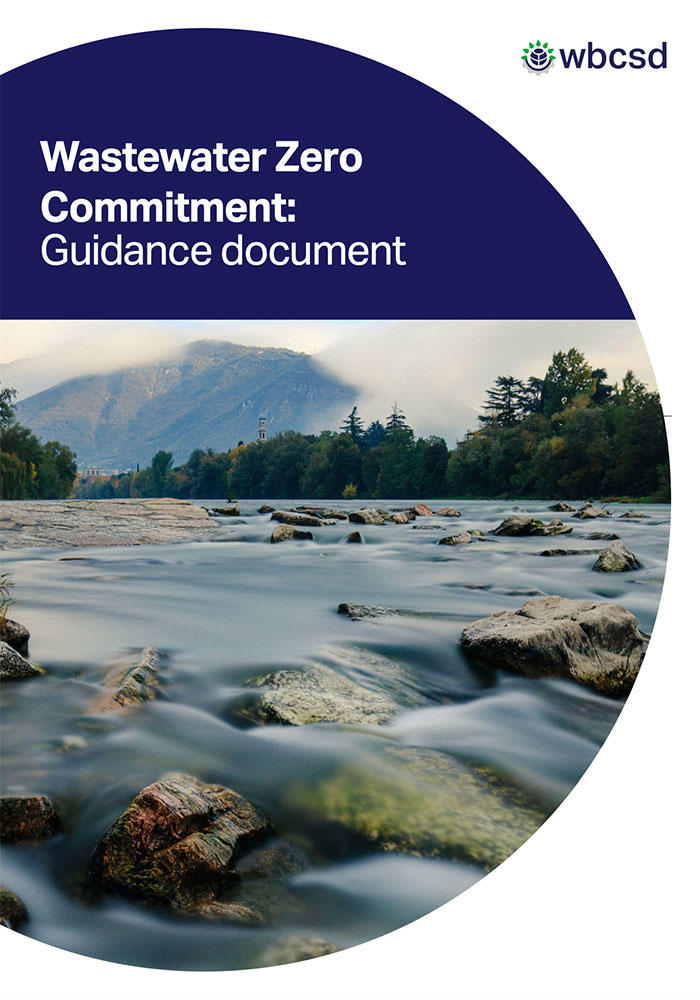
The World Business Council for Sustainable Development have developed a Wastewater Zero Commitment mechanism to drive business action for reducing impacts of wastewater on climate, biodiversity and water security.
This work is a continuation of the report launched by WBCSD in 2020 on ‘Wastewater Zero - A call to action for business to raise ambition for SDG 6.3' that provides a six -point action framework for businesses to address the problem of industrial wastewater pollution.
To raise ambition for SDG 6.3 - which calls for halving the proportion of untreated wastewater and substantially increasing recycling and safe reuse- business must commit to Wastewater Zero. Three pillars are central to the business commitment:
- Zero pollution: Treating all wastewater and releasing zero hazardous substances into the environment.
- Zero freshwater impact: Increasing the proportion of water reused and recycled
- Low-carbon treatment: Adopting low carbon wastewater treatment processes.
The commitment aims to support the elimination of industrial wastewater pollution by 2030, by encouraging business to set ambitious targets and take action in their operations and supply chains.
It compels business to quantify and qualify their commitment against the three pillars for their facilities and their supply chains as well as report progress annually.
The Wastewater Zero guidance document describes the commitment, its requirements and its linkage to global initiatives and policies.

